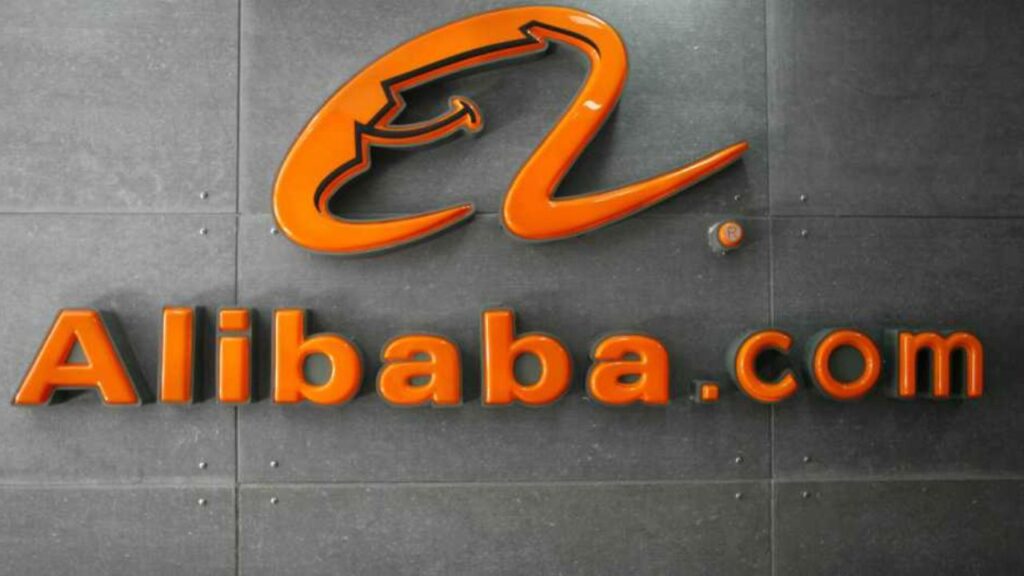Last year, Alibaba Group Holding Ltd. reduced its workforce by about 19,000 employees among the global economic chill and shifted focus to cost efficiency.

In a latest revelation by the Hangzhou-based online retailer in its earnings report on Thursday, it said that they let go of more than 4,000 workers in the final quarter of the year.
Continues With The Layoff Spree
The company’s largest reductions this year came in the summer when it reported its first-ever contraction in revenue.
It appears that the company’s growth has been stunted by global macroeconomic factors considering China’s stringent Covid Zero policy, with lockdowns blunting consumer spending.
Earlier in May, Alibaba said that it will take a “more disciplined” approach to spending and scale back expenses in areas that aren’t generating long-term value.
Moving ahead, this shift which is in line with Beijing’s incentives here marks a major change from the aggressive and wide-ranging market grab that characterized the e-commerce giant in the past.
With a workforce of 239,740, according to Alibaba’s latest report, it still remains one of China’s biggest private-sector employers.
Profits Beating Analyst Expectations
Interestingly, the company reported sales and profit that beat average analyst expectations and in turn resulted in shares surge.
But it cannot be denied that the company’s job cutbacks in December increased from September.
So, the company seems to still be adjusting its size to deal with a slower economy, even with growing signs of a recovery taking root at home and abroad.
On Thursday, Alibaba Group Holding Ltd reported better-than-expected quarterly revenue.
It was helped by its efforts to cut costs and China’s easing of Covid-19 curbs.
It is noteworthy here that the e-commerce giant has weathered a weak economy in China, which only lifted its three-year zero-Covid policy in December.
Alibaba’s revenue rose 2% to 247.76 billion yuan ($35.92 billion) for its fiscal third quarter to December 31.
It seems to be far better compared with a Refinitiv consensus estimate of 245.18 billion yuan drawn from 23 analysts.
In the meantime, the net income attributable to ordinary shareholders rose 69% to 46.82 billion yuan from 27.69 billion a year earlier.
This has also affected the share prices as the US shares of Alibaba were up 1.8% shortly after Wall Street opened, after trading as much as 6% higher in pre-market trades.
Again the adverse effect is seen with China’s total retail sales contracted 1.8% in December as its economy posted one its worst growth rates in nearly half a century in 2022, expanding just 3%.











